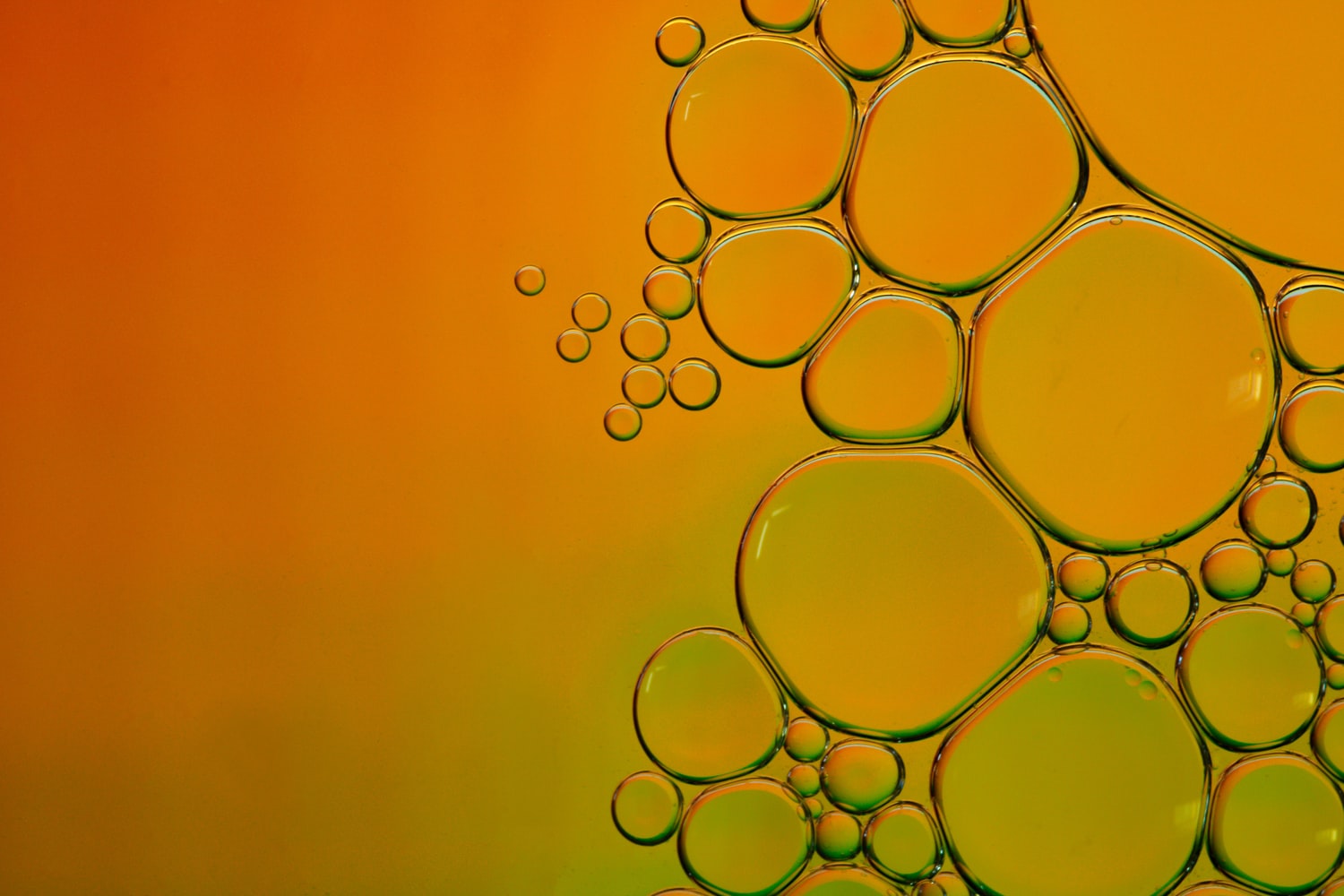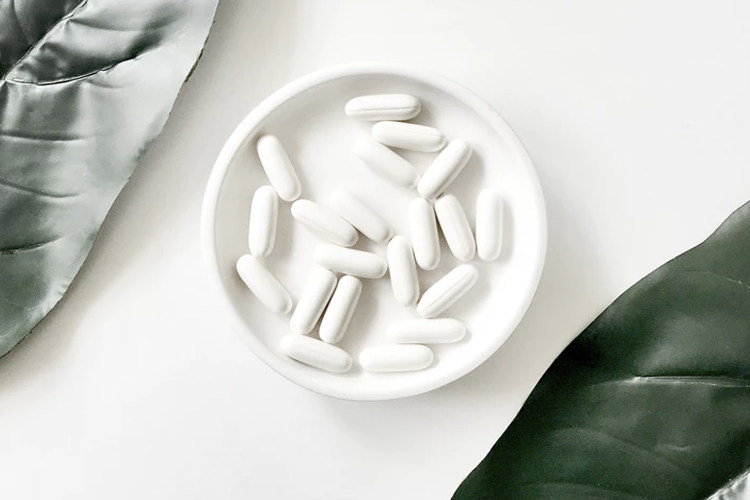In this article, we review the different forms of vitamin B12 and the reasons for choosing cyanocobalamin for our food supplements.
Reminder of the most important points about vitamin B12 and its benefits
- In nature, Vitamin B12 is almost exclusively produced by bacteria:
Around ten different strains have this capacity.
Herbivorous animals have developed a symbiotic relationship with these bacteria, which explains the vitamin B12 content of their tissues. Carnivorous animals get the vitamin B12 they need by consuming the meat of herbivorous animals.
- The benefits of vitamin B12 play a key role in growth :
Vitamin B12 plays a key role in the growth of the fetus and children and the renewal of body tissues, including blood and nerve cells. It is an essential vitamin at all ages.
- Vitamin B12 supplementation is mandatory and essential.
Vitamin B12 is mandatory for vegans and all people who have a low consumption of animal products (vegetarians, serious flexitarians). Food supplements are therefore recommended to compensate for this vitamin B12 deficiency.
- Vitamin B12 can be produced in the laboratory
For several decades, we have been able to produce vitamin B12 in the laboratory, using complex but well-controlled processes (see below). This was fundamental progress for the nutritional balance of all vegans.
It is sometimes argued that certain algae (Spirulina, Klamath, Nori, etc.) are alternatives for vitamin B12 intake, which is unfortunately not the case: their vitamin B12 content is in the best case never at a sufficient level allowing a significant contribution to covering needs.
- The daily needs for vitamin B12 for an adult are increasingly better defined
The daily requirements for vegan adults are higher than the Recommended Nutritional Values (NRV) in Europe which are 2.5 µgr (micro gram)/day.
While in the USA: health authorities recommend 6 mcg/day. Furthermore , the absorption of vitamin B12 decreases very sharply as the dose increases , but it is also one of the rare vitamins to present no risk of overdose .
In practice, with a sufficient safety margin, the recommended intakes for a healthy vegan adult (and child from 12 years old)* are:
- For one dose per day: 10 µgr (i.e. 4 times the NRV)
- For a dose every 3 or 4 days: 1000 µgr (or 1 milligram or 400 times the NRV)
- For weekly intake: 2 mg or 800 times the NRV
- Vegetarians, flexitarians, omnivorous seniors: 1 mg/week in one dose
*From 4 to 12 years: divide the dose by 2
The different forms of vitamin B12: Methylcobalamin, Cyanocobalamin etc. : is it important ?
In reality, there is no form of vitamin B12 that is more “active” than the other.
This vitamin exists in 4 chemical forms:
- Adenosylcobalamin (AdoCbl)
- Cyanocobalamin (CNCbl)
- Hydroxocobalamin (HOCbl)
- Methylcobalamin (MeCbl)
In the body, regardless of the form initially ingested (cyano, methyl, adeno etc.), the molecule will always be degraded and transformed to obtain a "cofactor". It is the latter which will be involved in the stimulation of certain vital reactions.
To better understand this phenomenon, we invite you to consult our other article in which we detail the process of conversion of vitamin B12 in the body.
The priority is therefore more to have sufficient vitamin B12 intake than to choose a particular chemical form.
Production of vitamin B12 for food supplements
The production of these molecules is done by bacterial synthesis and with purification processes using sophisticated biotechnologies.
For medicines and food supplements offering significant and reliable doses , there is strictly speaking no natural vitamin B12 as these molecules, certainly coming from a bacteria, but which have been treated by high-tech processes *.
To give you an idea: work on the synthesis of vitamin B12 was rewarded with two Nobel Prizes in Chemistry (Dorothy Hodgkin in 1964 and Roger Woodward in 1965).
* otherwise, with the same logic, we could also say that all products derived from petroleum are natural products, since petroleum itself comes from the decomposition of organic matter!

The choice of cyanocobalamin for our food supplements dosed with vitamin B12
For our Multivita mines and minerals and B12 + Iodine and Selenium formulas from the Argalys Essentiels range, we have chosen cyanocobalamin for vitamin B12 and the capsule form for the following reasons:
- Cyanocobalamin is the form known to be the most stable over time and not very sensitive to degradation by temperature . In addition, the cyanocobalamin form is the one that has been most studied.
- The capsule form allows no exposure to “dangerous” temperatures (over 80°C) for the stability of the molecule during its manufacture. This is not the case for tablets (the mechanical effect of compression generates a sudden increase in temperature often above 80°C, it is then difficult to know exactly the quantity of B12 remaining active in the tablet) .
- Cyanocobalamin can be transformed into either active form of vitamin B12 in the body (adenosylcobalamin and methylcobalamin) , which is an interesting flexibility.
Good to know: Several studies show a positive effect of calcium on the absorption of vitamin B12.
To find out more about our products and the B12 + Iodine and Selenium supplement, click here!
The Argalys team
 04 74 03 98 80
04 74 03 98 80









